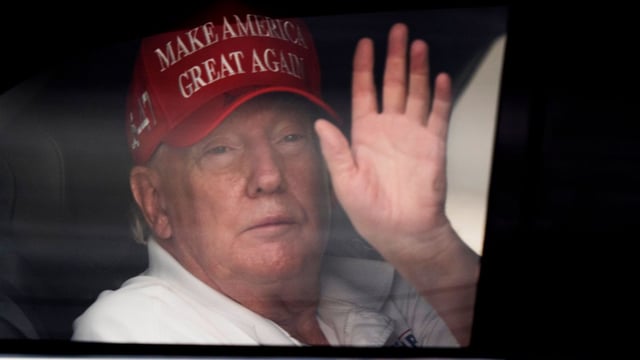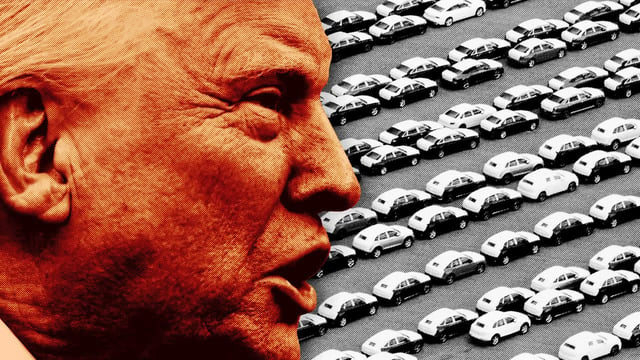Overview
- The 25% tariffs on imported cars and auto parts will begin on April 3, targeting vehicles not manufactured in the U.S.
- President Trump dismissed concerns about rising car prices, stating they could encourage Americans to buy domestically produced vehicles.
- Experts warn the tariffs may lead to higher consumer costs, disrupt global supply chains, and strain U.S. automakers reliant on imported components.
- Foreign automakers, particularly those without U.S. production facilities like Porsche, face significant challenges and potential losses in the American market.
- Governments and companies worldwide are preparing retaliatory measures, heightening fears of an escalating trade war with global economic repercussions.



